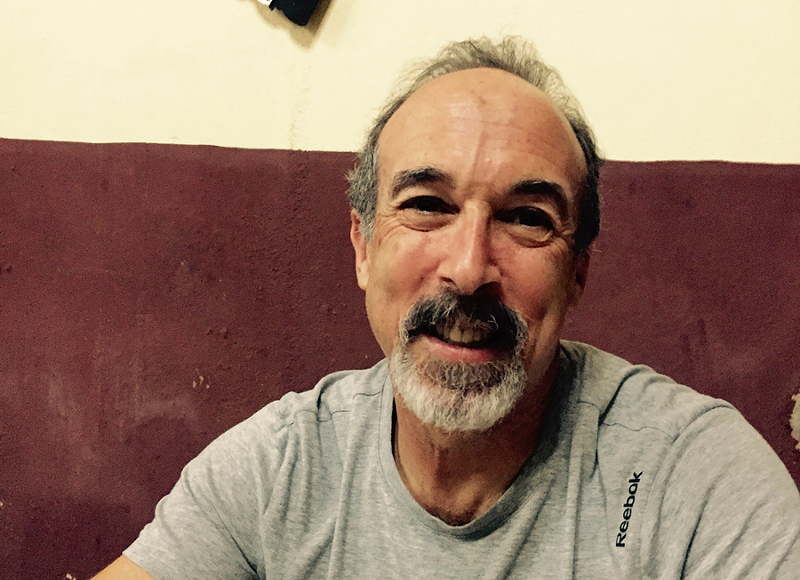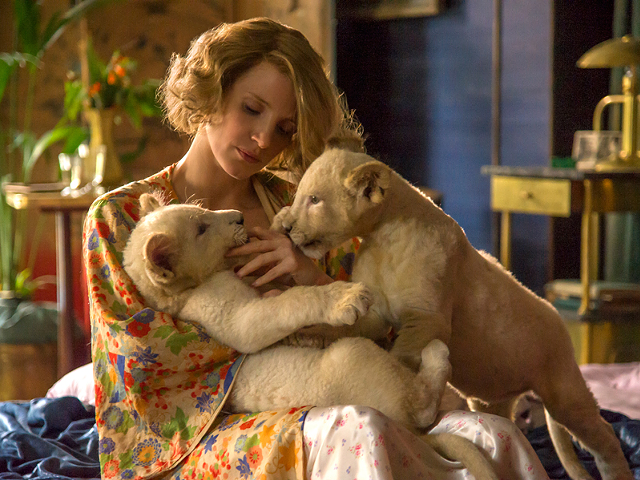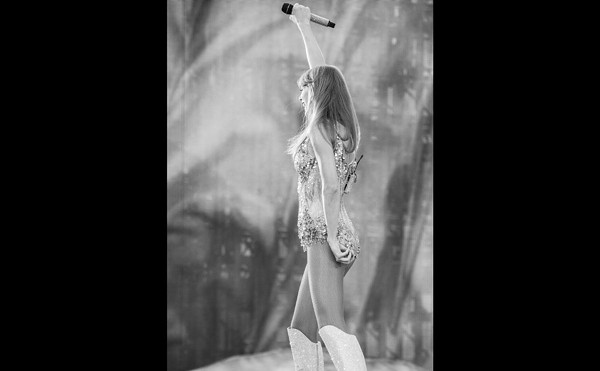One such person is Stanley Corkin, an author and professor of film and media studies at the University of Cincinnati. Corkin has long been keen on the ways in which mass media can impact our interpretation of history and culture — his previous books include Realism and the Birth of the Modern United States: Cinema, Literature and Culture and Cowboys as Cold Warriors: The Western and U.S. History.
It was after publishing his most recent book, 2011’s Starring New York: Filming the Grime and Glamour of the Long 1970s, that Corkin found the subject of his next endeavor.
“My daughter said, ‘You really got to see The Wire — it’s a great show,’ ” Corkin says.
Taking her advice, he checked it out and was hooked instantly. Like many a viewer in our streaming age, he binge-watched the entire series in a matter of weeks.
“I could really see that it was kind of the next step in the articulation of the relationship between the discrete urban space and this far-flung global economy,” Corkin says, putting on his academic hat. “The more I watched, the more I could see that it was this very dense work and that there was a lot to say about it.”
Corkin’s Connecting The Wire: Race, Space and Postindustrial Baltimore, published recently by the University of Texas Press, breaks down the series season by season, offering astute analysis that is both well-researched and largely accessible to non-academics. Corkin weaves his knowledge of film noir and previously like-minded television shows with social and cultural studies in a way that sheds new light on Simon’s layered, slow-burning approach to narrative.
“It wasn’t flashy enough,” Corkin says, when asked why The Wire never got the kind of ratings or Emmy love of HBO’s other offerings. “It was too gritty, too visceral, too real and too focused on the underclass. So I think for some people it’s off-putting. Even HBO, after season three, were going to get off it, because it never got the awards or the viewership they had hoped. It really had to be a leap of faith to continue with season four and season five. I think HBO was very patient. They recognized they had a distinctive auteur in David Simon.”
Corkin admits that a show like The Wire, with its thematically driven seasons and focus on the minutiae of our fracturing institutions — from journalism to law enforcement to education — is a product of our current television age.
“The available format of the multi-season, multi-episode narrative is incredibly open-ended,” he says. “The scale of TV now is incredible. One of the things that Simon’s treatment allowed is a certain open-ended use of characters.
“TV has all these possibilities,” Corkin continues. “It’s just typically unrealized. One of the reasons it’s typically unrealized is the necessity of ratings. When you remove TV from ratings strictures, it’s a great medium.”
The Wire comes off as even more incisive and alarming when viewed through our current political lens: Its portrait of the ways in which our urban centers and the lower classes have been left behind — if not outright demonized — is as relevant as ever.
“To some degree, David Simon is the poet of those left behind,” Corkin says. “If you look around you, those left behind are even further left with each successive generation. The opportunities dry up, the assistance dries up and the rhetoric of neoliberalism creates a false meritocracy so that people who don’t achieve don’t deserve to achieve. That’s actually the rhetoric of Trump, who says, ‘What do you have to lose?’ ”
Academic topics come up often in Connecting The Wire, but Corkin doesn’t want the book’s more esoteric elements to scare off potential readers.
“I don’t want my book to be too rarified, and I don’t want the language to be so dense that it’s off-putting to somebody who’s interested but not a professional academic,” Corkin says. “I think of my audience as the educated general reader, someone who’s geeked on the show.” ©






